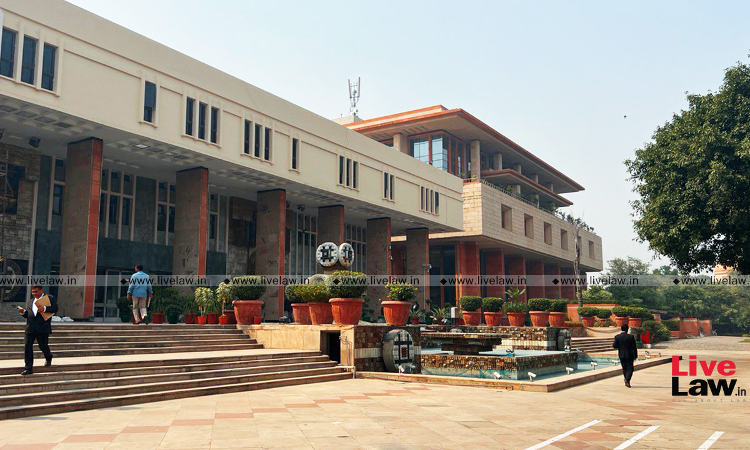Patents Act Must Prevail Over Competition Act In Exercise Of Rights By Patentee: Delhi High Court
Nupur Thapliyal
14 July 2023 10:42 AM IST

Next Story
14 July 2023 10:42 AM IST
The Delhi High Court has ruled that the Patents Act, 1970 must prevail over the Competition Act, 2002 on the issue of exercise of rights by a patentee. “Therefore, when asessed, by the maxim generalia specialibus non derogant or by the maxim lex posterior derogat priori, the Patents Act must prevail over the Competition Act on the issue of exercise of rights by a patentee under the...
